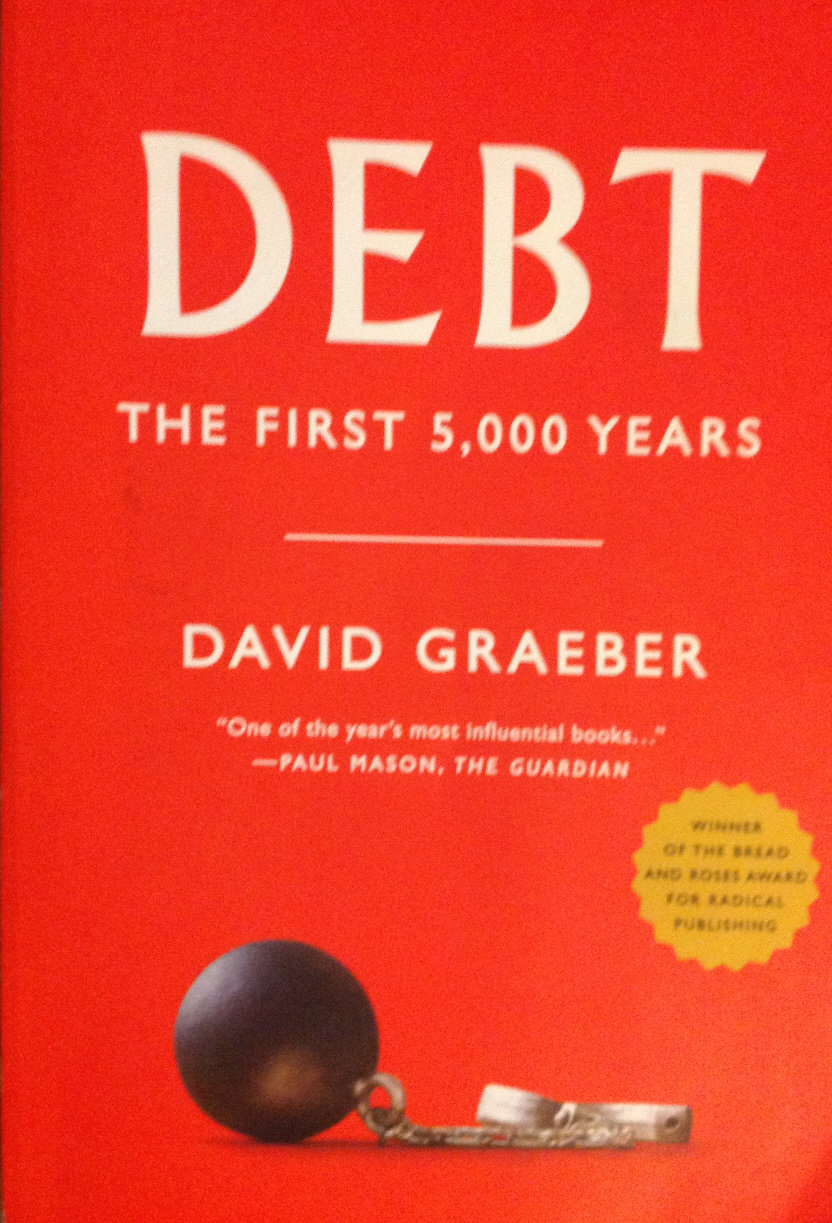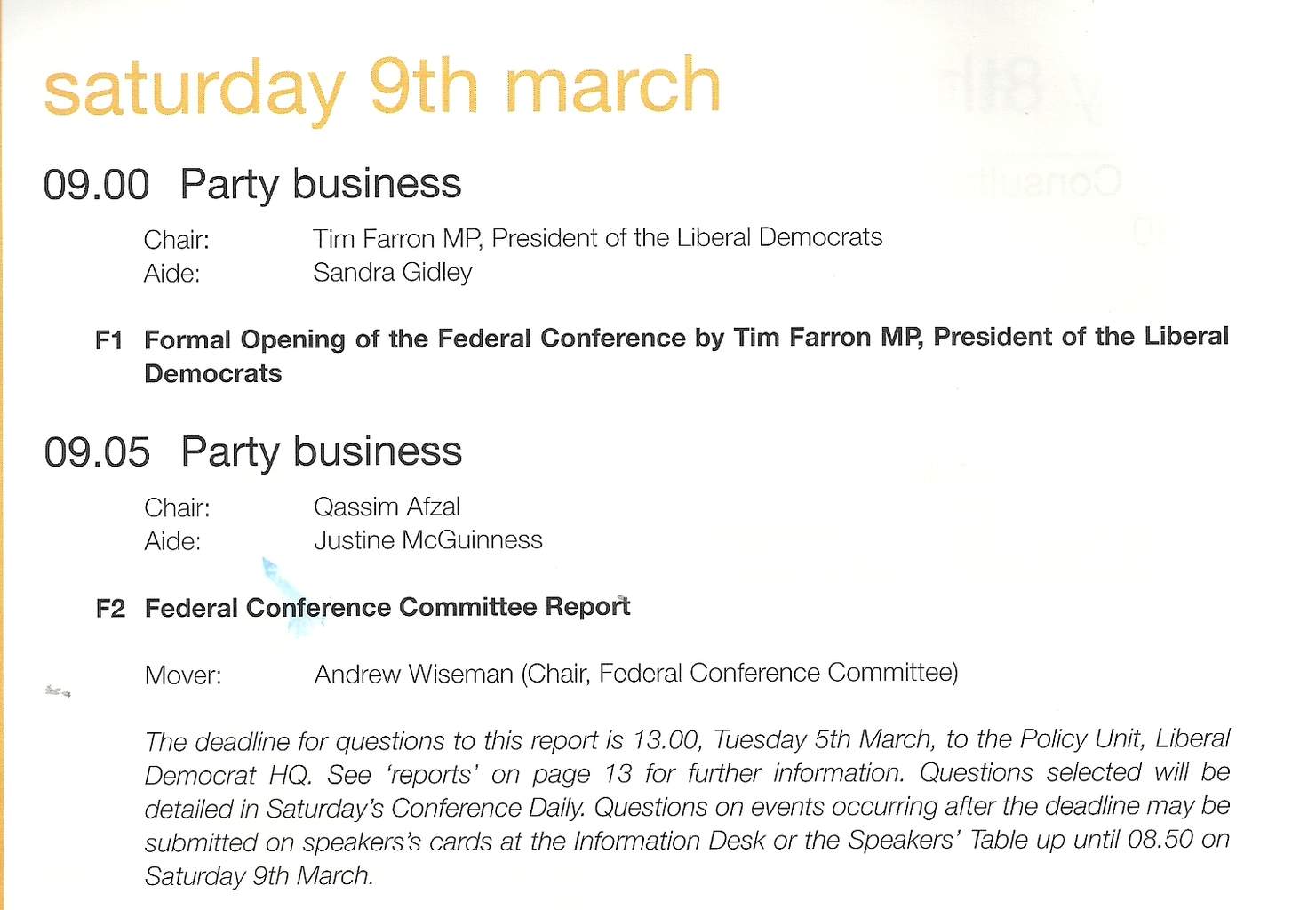Oh dear! The death of Margaret Thatcher yesterday has unleashed a flood of comment about how she transformed this or that. Mainly it is praise from the right (it’s everywhere and I can barely bear too read them, so I’ll only link to this one from the FT’s Janan Ganesh which manages to be reasonably objective). But the left do not want to be deprived of an opportunity to vent their precious hatred – like this absurd article from the Independent‘s Owen Jones. What she symbolises seems to be more important that her actual achievements.
When I first studied history (I did History Part 2 at Cambridge, graduating in 1979 just as Mrs Thatcher took office) the Marxist view of history was quite prevalent. This saw history as a sort of clash of tectonic plates (I also studied Geology at Cambridge…) formed by social classes or interests (“the forces of history”), which downplayed the contribution of individuals. If one person had not led such a change, it was held, then somebody else would. This was closely linked to the idea of historical inevitability, used by left wingers to predict their inevitable victory, and so contributing to their tactical ineptitude. The Marxists greatly overplayed their hand, but the fashion seems to have gone too much the other way. We associate the process of historical change too much with individual achievements. And none more so than with Mrs Thatcher (as she is no longer alive, I do not feel the need to use her title: she was always Mrs Thatcher to me).
The period when Mrs Thatcher was Prime Minister of the UK, 1979 to 1990, was one of quite dramatic transformation in both this country and the world. I remember the 1970s all too well. The British corporate settlement was in a state of collapse. In common with many democracies the country had been governed through a sort consensus of trade union bosses, managerial types and civil servants. Unfortunately the management leg of this arrangement was very weak: business leaders were more interested in undercutting each other than showing solidarity in the face of common challenges. In this the system contrasted with Germany and Japan who have used the corporate model much more successfully; and unlike in France, the state element had an anti leadership culture. With management and the state weak, trade unions ran rampant. Edward Heath’s government of 1970-1974 at first tried to work with the consensus, but the unions were too greedy – and he lost power in 1974. Though the public mainly agreed with him on the unions, they saw his government as incompetent, leading to an indecisive election result that Labour’s Harold Wilson skilfully exploited. The world economy was reeling from a massive rise in oil prices, which the government tried to treat as if it was a cyclical rather than structural problem with loose fiscal and monetary policy (following principles espoused in our current environment by Paul Krugman et al). Labour wrestled with the impossibility of trade union economics. The turning point came in 1976, when Britain had to go to the IMF for a bailout. Wilson had bowed out, and the messy job of fighting back fell to Jim Callaghan and his Chancellor, Dennis Healey. But the unions fought back, and the notion arose that the country was ungovernable. Enter Mrs Thatcher.
I voted for Mrs Thatcher in 1979, or rather I voted for Sir George Young in Ealing Acton, in support of the Conservatives. I was growing out of my cold war inspired distrust of Labour, but hated the messy process of fudge and compromise that was Mr Callaghan’s way (symbolised by such outrages as the Dock Labour Bill, which thankfully never got into law). Mrs Thatcher’s economic policies were a real shock: sky high interest rates, causing industrial collapse across swathes of the country. But who else had an answer to the simultaneous inflation and unemployment in which the economy had been stuck? But the style, if not the substance, grated and when the SDP was formed out of the wreckage of the Labour Party, I joined it.
Mrs Thatcher’s government swept away much nonsense: trade union power, nationalised energy and telecoms businesses, City restrictive practices, and so on. These acts of destruction were necessary for the British economy to thrive. On the left the Thatcher government takes the blame for the destruction of swathes of British industry, and the communities they supported. The emotion gets very high in the case of coal mines. And yet there is no modern economy that has not seen destruction of such jobs on a similar scale. Walk into a German factory and you will see lots of production, but few workers. Industrial technology has wiped out a whole category of seemingly safe industrial skilled and semi-skilled jobs that were the bedrock of the working class. After Mrs Thatcher, globalisation has continued the same process, but the main destruction comes from technology, not the export of jobs. And, for all the destruction of these jobs, the extra wealth generated by productivity improvements has spread across the whole of society, even if it has favoured the rich proportionately more. This is one reason why our current recession is inflicting less genuine hardship that previous ones.
The process of modernising the British economy was necessary and beneficial. And also, surely, inevitable. Without Mrs Thatcher the changes would have happened more slowly, perhaps. But they would still have been painful, and yes, “divisive”, to use the common word attributed a lot to Mrs Thatcher. But she did take the process of confrontation to extremes. Did this create more social harm that was necessary? We can’t know, though the admittedly smaller and more cohesive country of Sweden managed a very similar transition rather more successfully, I feel. But Mrs Thatcher was a hero to many Swedes.
A more serious criticism of the Thatcher government is that it did little to create sustainable jobs to replace the ones destroyed. The country launched forward on a twenty-odd year credit binge fuelled by North Sea oil. Just how hollow this was is now becoming clear, as the flow of oil slows. A severe devaluation of the pound has not done much to correct a severe imbalance of trade. But it is a little unfair to entirely lay this at the door of Mrs Thatcher, though. The imprints of Labour’s Tony Blair and Gordon Brown are just as firmly on this failure. And it is no so easy to see what should have been done about it.
And on the world stage? Mrs Thatcher’s most conspicuous triumph was taking on Argentina in the Falklands war. This one was about heroes I think, rather than the forces of history. It helped bring down a nasty dictatorship, and secured Britain a stronger international standing – though I am less clear about what good that led to. To suggest that she and Ronald Reagan’s confrontational attitude to the Soviet Union had much to do with its eventual collapse is nonsense: it needed no outside help to do that. And when it fell Mrs Thatcher was flat footed, failing to understand the implications of what was happening. Her contemporaries Helmut Köhl and George Bush (senior) were much more on the ball. Her reservations about a united Germany may have been well founded, but she had no solution.
Still she deserves credit for one important international development, beyond toppling the Argentine generals. She was instrumental in the launch of the single European market in the EU. This project was making little headway as Eurocrats pushed forward a hopeless programme of bureaucratic harmonisation. Mrs Thatcher, with the Commissioner she appointed, Lord Cockfield, turned this around giving a presumption to free trade. It was a classic synthesis British freewheeling pragmatism and the more bureaucratic and formal French approach. She may have felt with hindsight that the Single European Act that enshrined it in UK law went too far, but her vision of Europe as an open market was genuine enough, and she deserves credit for persuading her European colleagues of the idea’s merits.
Mrs Thatcher was a hugely conspicuous character on the British and world stage, both through her sex and her personal style. It is only natural that we project so many positive and negative feelings onto such a person, as a sort of lightning conductor. But many of the changes she wrought were the inevitable march of modernisation; and many of her achievements were undermined by tactical and strategic errors. She did more good than harm. Faint praise. She would not have liked that, but then she would not have like me.

